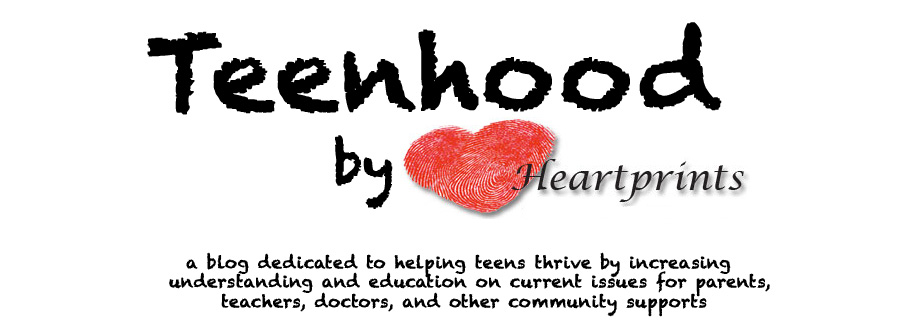Its unthinkable to believe people could do so much harm to an innocent crowd of shoppers, children, and teachers. And not just one incident but multiple .We are not on a battle field. Holiday shopping, education-- they should be safe times. It leaves us stunned, paralyzed in horror. With the holidays so close, the pain is only magnified. This is the time of year we sit with loved ones and treasure watching them excitedly open gifts. We give to local charities and churches abundantly this time of year so not one family goes without food or presents. But this year we are keenly aware many families have been robbed of their loved ones. Our hearts physically ache for them. Money, food, and presents we can give but life we cannot return. We feel helpless and maybe even guilty for being able to enjoy our families and friends. For those who have lost loved ones before, the grief is deeper still as they empathize in ways I can only imagine.
I find myself pulled in two opposite directions. First, I want to know more of what happened. Its as if an explanation or answer to my many questions somehow would help. But the more I know, the more grieved I seem to become. Part of me doesn't want to hear anything about it. I don't want to see it on TV. I don't want to read it. I don't want to hear it on the radio. I want to pretend like it didn't happen. But I can't ignore it either because 1.) it did really occur & 2.) Ignoring it seems to dishonor those who were touched by the horrific tragedies.
How do we offer support to the next generation when we are just as saddened and just as heartbroken as the young people?
- Remember everyone grieves in their own way. It is all too easy to judge the way someone grieves when it doesn't seem effective or mirror our own methods.
- Give lavish grace to other's process of grief.
- Listen. Let the teenagers and children talk. You don't have to have the answers but people do need a place to express their fears, concerns, and worries in order to heal. Talking is the process for healing, even when it hurts.
- Keep an eye out of physical symptoms: upset stomach, headache, tension, fatigue, changes in appetite or sleep, increased anxiety/depression. If symptoms continue consistently for over 2 weeks, interfering in the day's schedule, and/or relationships recommend a support group or a counselor. Support groups and counselors are there to help people cope with the craziness of life.
Ironically, it was one of my childhood hero's who offered me comfort even though he is no longer alive. Mr. Fred Rogers words are as relevant today as they were years ago.
“When I was a boy and I would see scary things in the news, my mother would say to me, “Look for the helpers. You will always find people who are helping.” To this day, especially in times of “disaster,” I remember my mother’s words and I am always comforted by realizing that there are still so many helpers – so many caring people in this world.“
We cannot change what happened but we can sit, listen, and cry. By being one of those caring people, those helpers, the wounds begin to mend.
